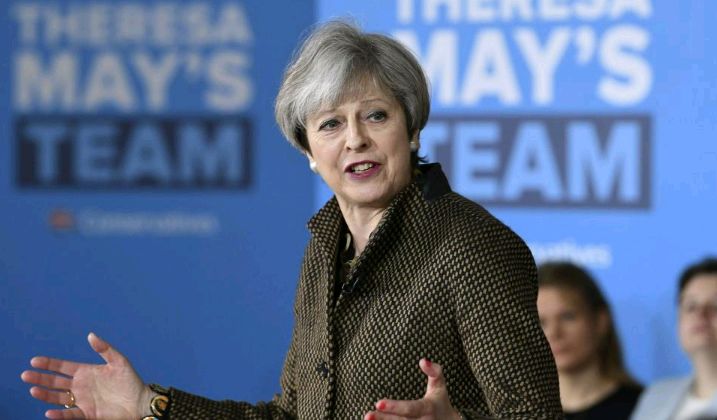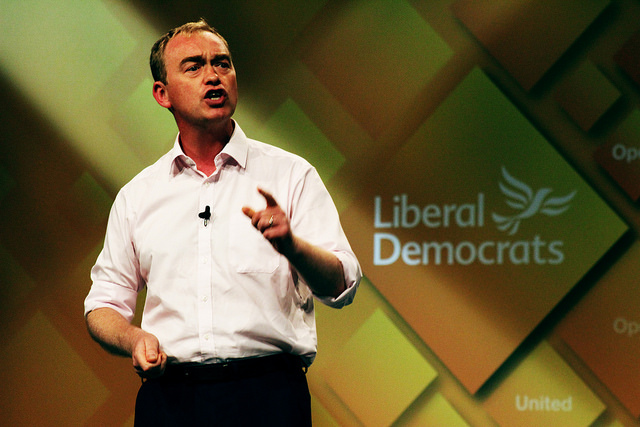General Election 2017: What is each party promising?
Thursday sees the conclusion of the campaigning for the 2017 General Election, and it promises to be a highly significant day for the future of the country and for financial markets.
With Brexit negotiations just around the corner, the position of the government in the House of Commons will be critical as to how it will approach the discussions, and no doubt how the final agreement will look.
As well as the Brexit issue, several major domestic issues such as security are being fought over by the parties, especially in the wake of the serious terror attacks seen throughout the country in recent months.
But how do the Conservatives compare with Labour on these key issues? And what of the Liberal Democrats?
Here we have compiled a guide to each of the main parties’ key manifesto promises.
The Conservatives

Theresa May’s party has campaigned primarily on its major promise of ensuring a smooth and beneficial exit from the European Union, which includes leaving the single market. The Tories have also consistently urged that “no deal is better than a bad deal” at the culmination of the negotiations.
Establishing and maintaining a strong economy takes high priority on the Tory manifesto for the election, and the party says it aims to balance the UK budget by 2025 and continue with plans to raise personal tax allowances and reduce corporation tax.
There is an emphasis on defence, with a pledge to meet the NATO target of at least 2% of GDP and increasing spending at least half a percent more than inflation per annum.
Among the more controversial domestic policies vowed by May is the removal of the triple-lock pension mechanism, where state pensions are guaranteed to rise by the highest between inflation, average earnings or 2.5%.
Labour

Jeremy Corbyn has fought off infighting in his own party to push ahead with one of the most left-wing manifestos from Labour in a generation. The central premise is that money will be pumped back into public services, with the nationalisation of several utility-based industries, including post, rail and the National Grid. To fund this Corbyn’s party would increase corporation tax and taxes for the highest-paid in society.
With regards to Brexit, Labour would scrap the white paper put forward by the current government, and include a focus on retaining the benefits of the single market and the customs union. It also guarantees the rights of all EU nationals which are resident in Britain.
Among the other standout pledges from the party is an abolition of all university tuition fees in England.
Liberal Democrats

Tim Farron’s attempts to revive the Lib Dems’ fortunes have proven difficult so far, but he hopes that another referendum on the final Brexit deal will attract voters on Thursday. Interestingly, the party has said that they will not be a part of any coalition - with either the Conservatives or Labour. That idea did not work out too well for the Lib Dems last time around.
Farron has also pledged to add 1p onto every person paying income tax in order to raise additional funds for the NHS and social care.